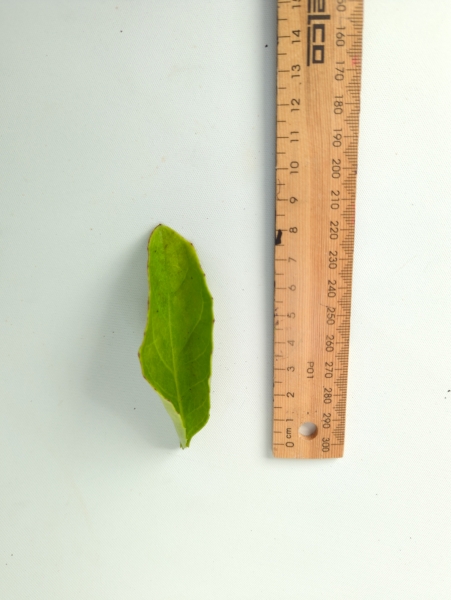Longevity Spinach
Gynura procumbens$14.75
When will it be in Stock?
We previously had the most to buy in Jul and Aug. With limited quantities for sale in other months. They are unlikely to be available in Dec. Remember to click above to get notified when it is available once more.
Specifications of Longevity Spinach
Preferred Climate Subtropical, Warm TemperateLearn About Climate Zones
Grown From CuttingLearn About Propagation Methods
Max Height (when in the ground with good conditions) 0-1m
Plants required to Pollinate 1 (Self Pollinating)Learn about Pollination
Can it Handle Frosts? Likes Temps above 5deg
Amount of leaves in Winter? All Leaves (Evergreen)
Quarantine Restrictions to these Areas QLD
Suitability in Pots Yes
Water Requirements Frequent Watering
Time to Fruit/Flower/Harvest First Year
Sun or Shade Part (Sun:50-80%)
Preferred Soil Type Good Drainage
Soil pH Moderately Acidic (5.5-6.5), Neutral (6.6-7.3pH)
Fruiting/Harvest Months January, February, March, April, May, June, July, August, September, October, November, December
Delivery notes Minimal Pesticide
Create a Filter to find similar plants
Customers also bought
These plants are often purchased together. Also check plant information for suitability in your orchard.



























